Growing up, Franklin D. Roosevelt admired and somewhat idolized his fifth cousin Theodore. The boisterous and ever-poplar 26th had instilled a sense of awe in young Franklin, and imprinted upon him an image of greatness and class at a time when the two sides of the family were split on politics and the future direction of the country.
Blood was thicker than politics, however, and young Franklin would follow in the footsteps of the 26th president to Harvard while courting his distant fifth cousin, Eleanor.
The courtship received the blessing of Theodore.
“I am as fond of Eleanor as if she were my daughter; and I like you, and trust you, and believe in you,” he said. “No other success in life—not the Presidency, or anything else—begins to compare with the joy and happiness that come in and from the love of the true man and the true woman.”
And with that a family dynasty was born, as FDR set his sights on the White House and never looked back. Here are five fascinating facts of FDR as we look back at some of the past presidents who helped define the modern ways of Washington:
He continued the Roosevelt legacy of political reform
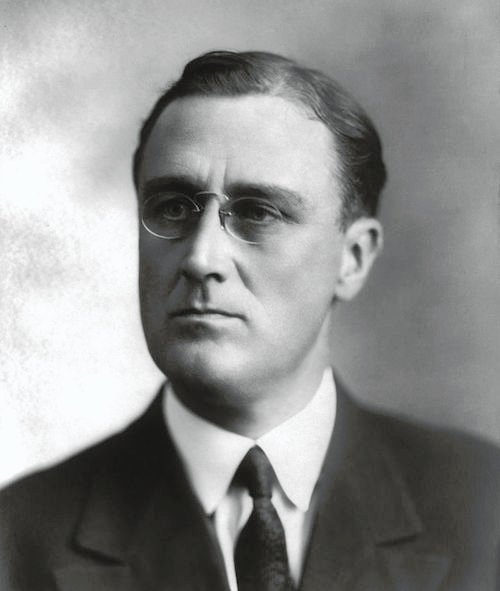
Wikimedia Commons
Although he was a Republican, T.R. fought for workers’ rights against corporate monopolies, promoted a “Square Deal,” and created vast swaths of public lands for conservation and natural wonder.
As a Democrat, FDR did him one better. He created Social Security and unveiled multiple domestic programs under the premise of a social safety net and humanitarianism. Of course, he gave the country hope and oversaw its collective action in prevailing over America’s two biggest national crises to date: the Great Depression, and World War II. His efforts for a “New Deal” created a benchmark for progressive reform, a legacy that has created a Democratic foundation many have mimicked, but none have replicated.
FDR believed Americans needed “some safeguard against misfortunes which cannot be wholly eliminated in this man-made world of ours.”
His first run at national office ended in a big loss
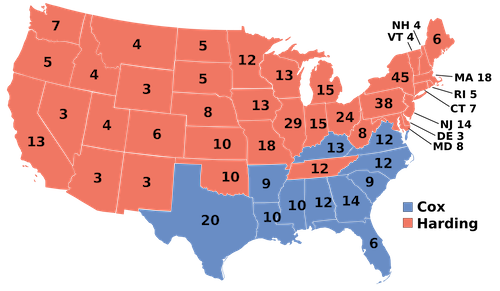
Wikimedia Commons
When the Democrats nominated Ohio Gov. James M. Cox as its nominee for president in the 1920 election, FDR became the party’s vice presidential nominee.
The Cox-Roosevelt ticket flopped with Americans. A whopping 60 percent of the popular vote went to President Warren G. Harding, along with three quarters of the electoral votes. Franklin would take the defeat in stride, however, learning from his lessons and picking up a victory as the Governor of New York eight years later.
His wife set the modern precedent for first ladies
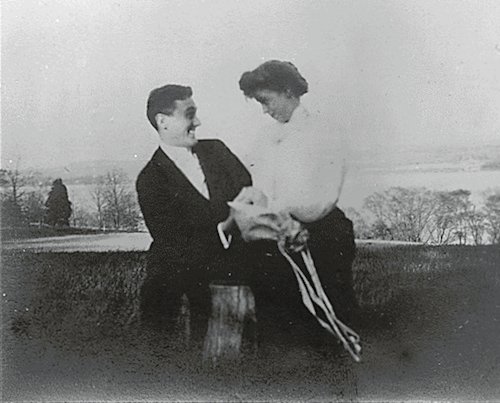
Wikimedia Commons
Eleanor Roosevelt first met FDR when she was 15 years old at a Christmas party, where he asked her to dance. She would remain in the family after marrying her distant cousin and helping to propel him past personal demons and physical limitations to become one of the greatest presidents that ever lived.
On her own, she wrote “My Day,” a syndicated newspaper column that added a woman’s voice to the collective power stemming from Washington. Rather than remain just a campaign accessory, the president watched as his wife protested segregation laws, welcomed women to the White House and held soirees of free-thinking women throughout their time in Washington.
Roosevelt would be the first president to name a woman to his Cabinet.
He had romantic affairs in spite of his reputation as a family man
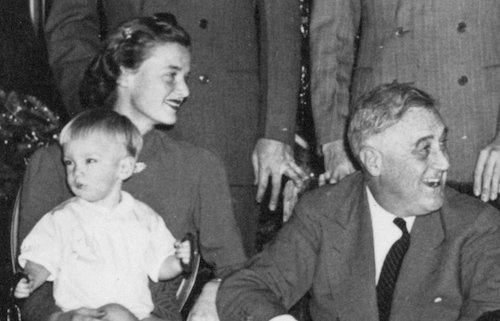
Wikimedia Commons
As Franklin rose in politics, Eleanor had a hard time balancing the demands of public life and those of being a wife who pleased her husband. Following a miscarriage, the pair would go on to have five children, but the president would still maintain other relationships with women behind closed doors.
One was the first lady’s own secretary, Lucy Mercer, whose involvement with the president caused Eleanor to offer a divorce. Franklin would have none of it. Furthermore complicating the issue, his massive inheritance depended on the survival of their marriage.
FDR’s own secretary, Missy LeHand, was included in his will after she suffered a stroke. The two had a longstanding affair, and she remained one of the president’s closest confidantes.
He will always hold the record for longest tenure in the White House
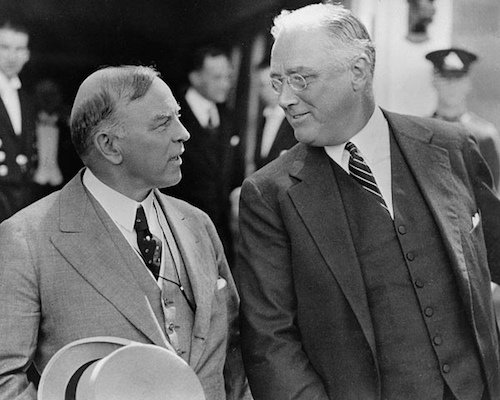
Wikimedia Commons
Roosevelt won all of his elections in landslide victories, and served as president across four terms for a total of twelve years. He would have served longer, too, hadn’t it been for his untimely death while in office. That forced Harry Truman to step up without much intelligence, and forced his decision to drop the atom bomb.
Truman also oversaw the implementation the 22nd Amendment, and barring its repeal, no one will ever serve longer in the office of the presidency than Roosevelt did.
